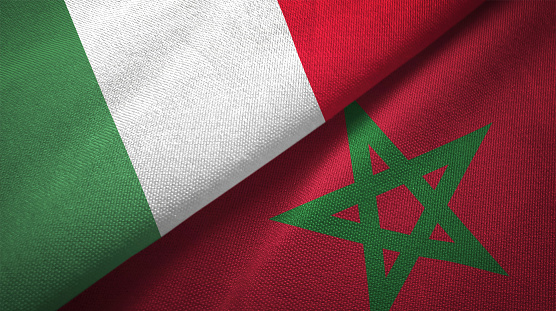The socio-economic development of Morocco's southern provinces was highlighted by experts during a virtual side-event organized Tuesday by the support Group for the Kingdom's territorial integrity in Geneva, which brings together the permanent missions of 32 countries.
Placed under the theme "Deserts: transforming challenges into opportunities for sustainable territorial development", this conference, moderated by Morocco's Permanent Representative in Geneva, ambassador Omar Zniber, focused on the challenges and issues related to the development of desert and arid areas around the world.
Initiated on the sidelines of the 47th session of the Human Rights Council, this event, which was attended by several heads of missions in Geneva, diplomatic staff, NGOs, experts and academics, was an opportunity to discuss the various projects launched in the Saharan provinces, to meet the challenges, create modern infrastructure, and achieve a territorial development ensuring stability and dignified life to the population of this part of the Kingdom.
In this regard, Henri Louis Vedie, economist and professor at the Ecole des Hautes Etudes Commerciales (HEC) in Paris, highlighted, with figures, the remarkable growth that have experienced the Saharan provinces of the Kingdom, citing among other things, "the construction of nearly 10,000 km of roads, including dual carriageways, while there were only some 300 km, at the time of the integration of the provinces, the development of the educational system, vocational training, universities, and the enhancement of local resources".
For her part, president of the International Alliance for Sustainable Development Goals, Pascale Fressoz, welcomed the achievements made in Morocco under the leadership of HM King Mohammed VI in the implementation of sustainable development goals, emphasizing the Moroccan model in the field of renewable and alternative energy.
Nour-Eddine Obbad, international consultant and author of books on sustainable development, emphasized the correlation between development in arid and desert regions, and the involvement of local communities through decentralization and devolution of powers to territorial administrations, praising in this regard the implementation of advanced regionalization with the direct involvement of the population in the southern provinces in the accomplishments already achieved.
Elouali Aailal, professor at the National School of Commerce and Management (ENCG) of Dakhla, highlighted the important projects developed by the ENCG of Dakhla as a platform for research on development in desert and arid areas, in cooperation with many institutions and research academies around the world, especially in Africa, but also in other similar areas, including Australia and Latin America.
For his part, ambassador Omar Zniber referred to the remarkable development of infrastructure and basic social services in the southern provinces of the Kingdom, thanks to large-scale investments made in the region, in accordance with the High Royal Directives.






